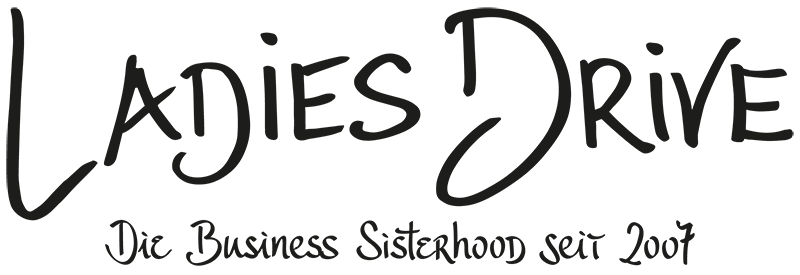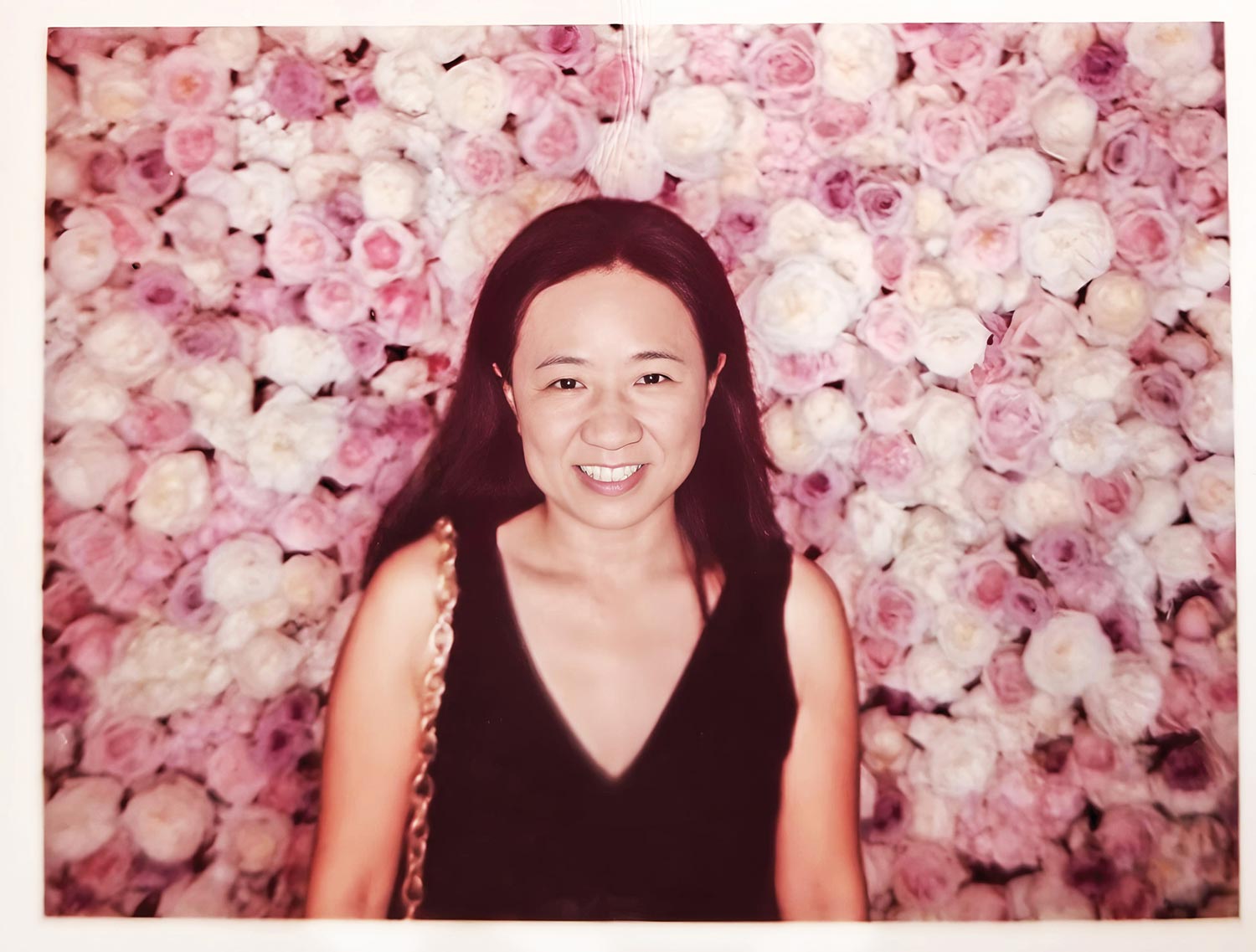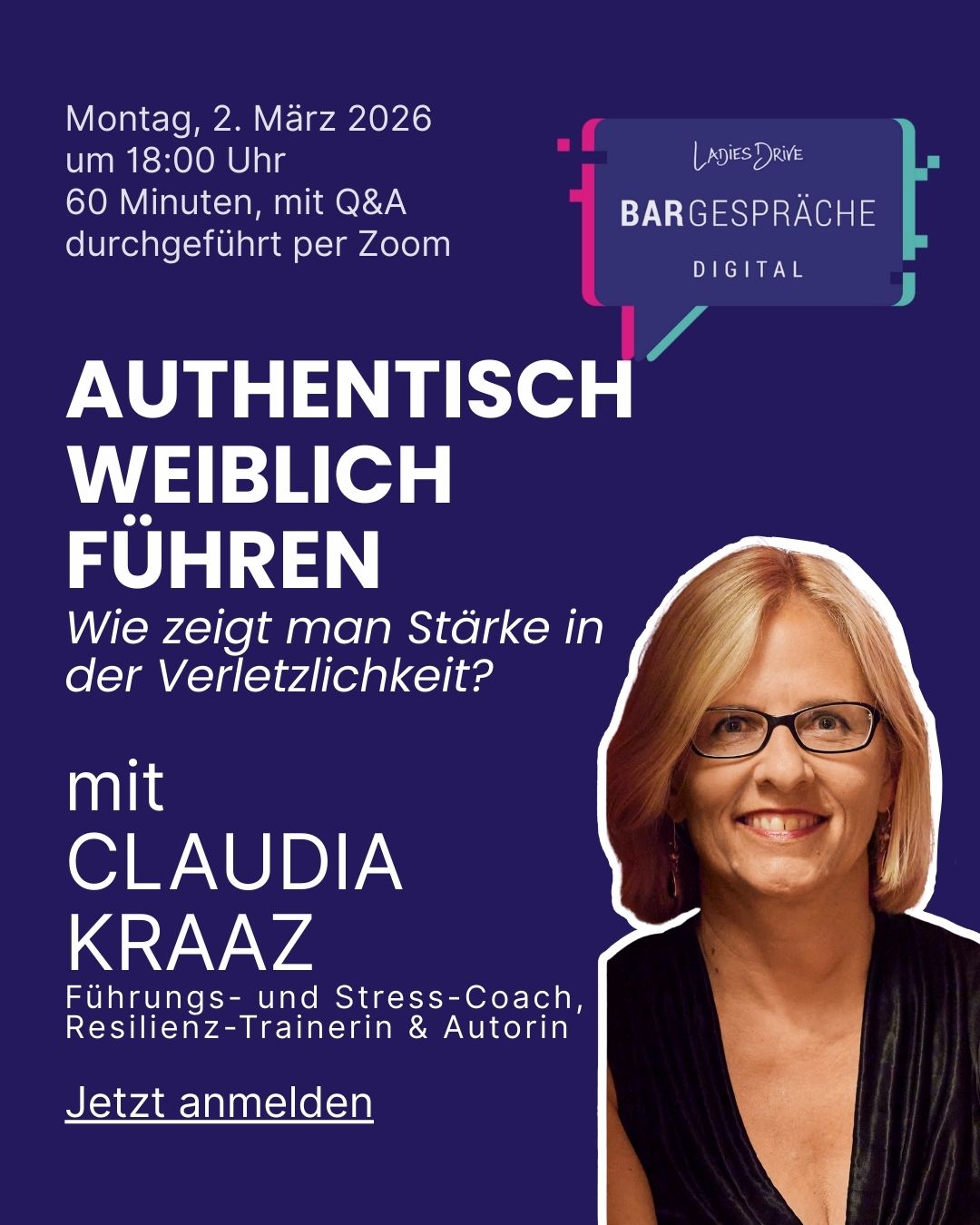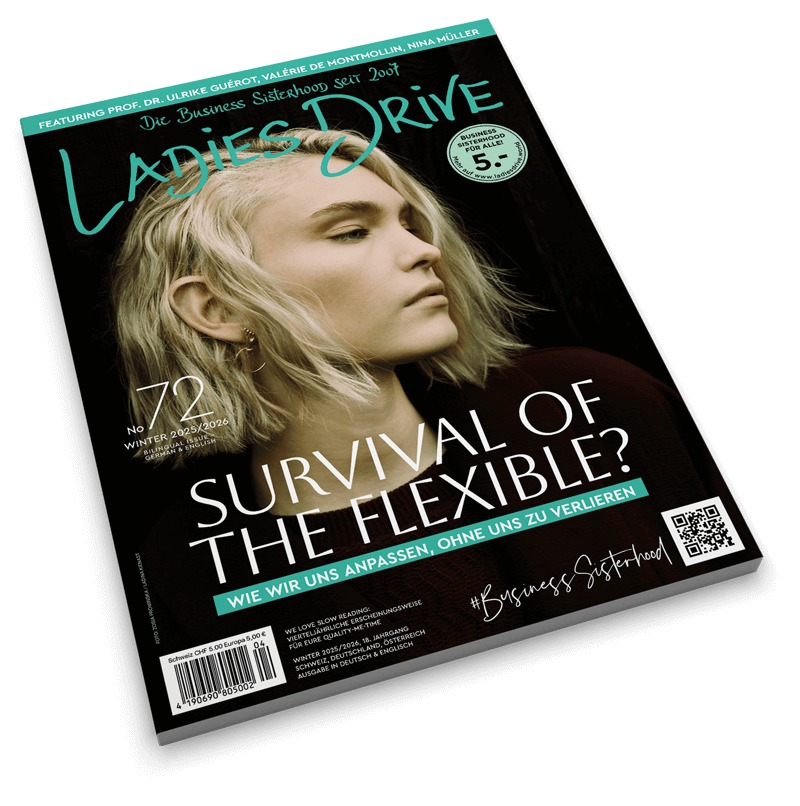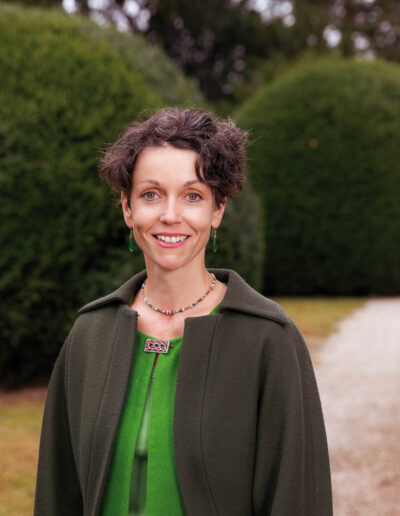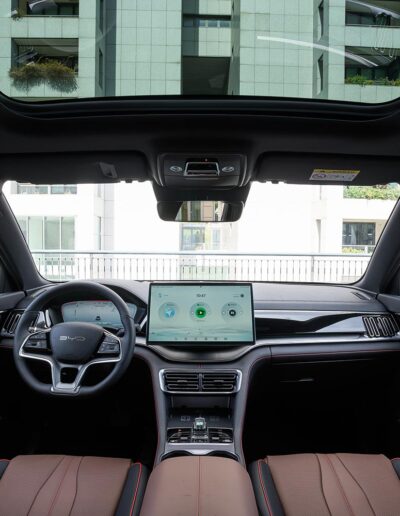Meng-Mei Maggie Chen holds a bachelor’s degree from Taiwan, a master’s from the US, and earned her PhD in the UK. With extensive academic experience as a faculty and visiting professor, she specialises in marketing courses closely tied to the industry. As the author of Hospitality Vibes: The Positive Energy When People Interact with Like-Minded People, she explores the differences between the experience economy and hospitality vibes, and how the latter can address talent shortages, societal changes, and technology-related issues in the traditional hospitality industry. Before academia, Maggie worked in various tourism sectors, including hotels, casinos, travel agencies, and consulting on three continents.
Ladies Drive: Maggie Chen, could you share your first experience staying at a hotel?
Maggie Chen: When I was young, my father sometimes took the family to visit his factory in southern Taiwan. I always suffered from motion sickness. After several hours on the road, when I finally arrived at the hotel, it marked the end of a painful journey and the beginning of a comfortable and pleasant experience. I’ve associated hotels with positive emotions since I was young!
As someone who has studied and worked on all continents, what aspect of that experience has most influenced your career?
Being confident in my identity and staying true to my values helps me navigate between diverse cultures. Companies have recognised the benefits of diversity in thinking, not just in presence. I have the pleasure of working with open-minded people whose professionalism and attitude enable me to show my true self. When there are disagreements, my values guide my decisions.
You began your work life in tourism and consulting before moving into teaching. Did this background help you gain the interest and trust of students or industry professionals?
How do we form a friendship? How do we persuade others? By showing what we have in common. It’s easier to start a relationship by sharing my work experiences with practitioners. This commonality grants me credibility and authority because I have been there and done that. Maybe it’s also related to empathy – through my work experiences, people know I understand.
Part of your role involves research, and you recently published a book about hospitality vibes. What motivated you to select this topic?
Societal changes, the popularity of vacation rentals and meal delivery services, technology, and talent shortages have formed the perfect storm for the hospitality industry. I care deeply about the future of the industry because many of my students and alumni work there. Hospitality Vibes is my reflection on the current crisis and my suggestions to transform the industry to become more energetic than ever.
Can we address the challenges described in your book?
What is Hospitality Vibes? It is the positive energy when people interact with like-minded people. Loneliness is an epidemic in many countries, and one in five employees across different industries feels lonely. Alternatively, good relationships are fundamental to human well-being. However, societal changes and technology have made initiating and maintaining relationships challenging. The hospitality industry can leverage its strengths in human skills to bring like-minded people together and develop meaningful relationships. The industry will shift from serving to hosting – from focusing on service quality to creating hospitality vibes.
How do we do it?
We can leverage design, create programmes for customers and employees to co-create experiences, and use technology to free up employees’ time for interactions.
In the last issue, the CFV CEO Nadja Lang discussed talent shortages. How can Hospitality Vibes assist the traditional hospitality industry in tackling talent shortages?
We need to transform the industry to become human-centric, putting both employees and customers at the centre of everything we do. We become employee-centric when employees align their values with the company’s purpose and find meaning in their work. The industry’s new purpose is to become the social fabric and gather like-minded people to create hospitality vibes. Employees will become hosts and bring people together. When employees shift from servers to hosts, their social status improves. When employees understand the crucial importance of human interaction for well-being, they find meaning in their work.
How do we create human interactions?
A Japanese convenience store asks its employees to write down their favourite food, for example, sushi or lasagne, and prints it on their name tags. Guess what? Employees start calling each other by their favourite foods, and customers get curious and start asking why. As you can imagine, these initiatives create opportunities for people to break the ice and start interacting.
With the significant growth in hospitality, estimated at +15 % more travellers per year worldwide, how can we bridge the skill gap in the industry?
We will leverage both technology and community. Digital education will provide a personalised learning journey at scale. With AI everywhere, humans will compete in terms of human skills. Human skills can only be developed through human interaction. We need communities to support social learning – and this part will be hard to scale up.
Many aim to create experiences, but you advocate for creating vibes. How do these differ?
Offering experiences has not saved the hospitality industry from competition in the sharing economy, nor has it managed to solve the talent shortage. Customers have shifted from passive receivers to active participants and want to create their own experiences. Employees want to do more than just serve customers. That’s why the industry needs to transform from providing experiences to co-creating vibes with employees and customers.
Can you recount a moment in hospitality that profoundly affected you?
My first international flight after my husband’s passing was extremely difficult. It was during the COVID pandemic. I cried silently and hid my tears under my mask. Suddenly, I heard a lady say, “Madam, are you OK?”. I saw a flight attendant looking into my eyes. I knew she had seen my tears. Suddenly, it felt like there was nobody around except her and me. Two human beings connected. In this isolated and overwhelming world, humans need human connection – meaning one human being sees, hears, and understands another.
The theme of this issue is “Trouble’s Coming: Less Drama, More Solutions.” Does your book offer practical solutions for the hospitality sector?
We can all describe the challenges associated with the sharing economy (a marketing problem) and talent shortage (an HR problem). We’ve tried many solutions but have had little success. My unique contribution is to see through the symptoms, discover human needs, and develop feasible solutions. By doing so, companies will attract, engage, and retain both customers and employees. Hospitality Vibes is not only for the hospitality industry but also for all industries that want engaged customers and employees.
The hospitality community is predominantly male, particularly in top management. Do you notice enough female talents interested in pursuing a career in hospitality, and what advice would you give them?
I’ve noticed that female general managers and CEOs have emerged in the hospitality industry. Congratulations to these ladies! I encourage them to leverage their strengths and life experiences. Because these leaders are the first to break the gender ceiling, I also encourage them to socialise with each other and form a meaningful community.
I encourage young female talents to remain optimistic and give the industry a few more years. I urge hospitality leaders to make the industry sustainable by making it a better place for the next generation. Change will come.
I also encourage female talents to discover their unique strengths and seek opportunities to shine. Humans are happier when they can use their strengths. And always be available for family and friends.
